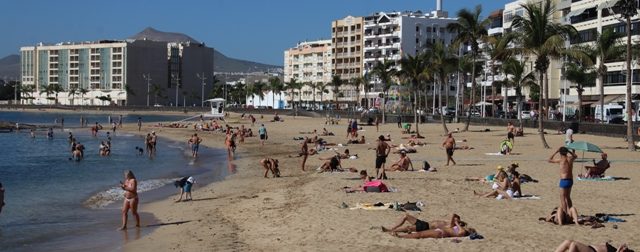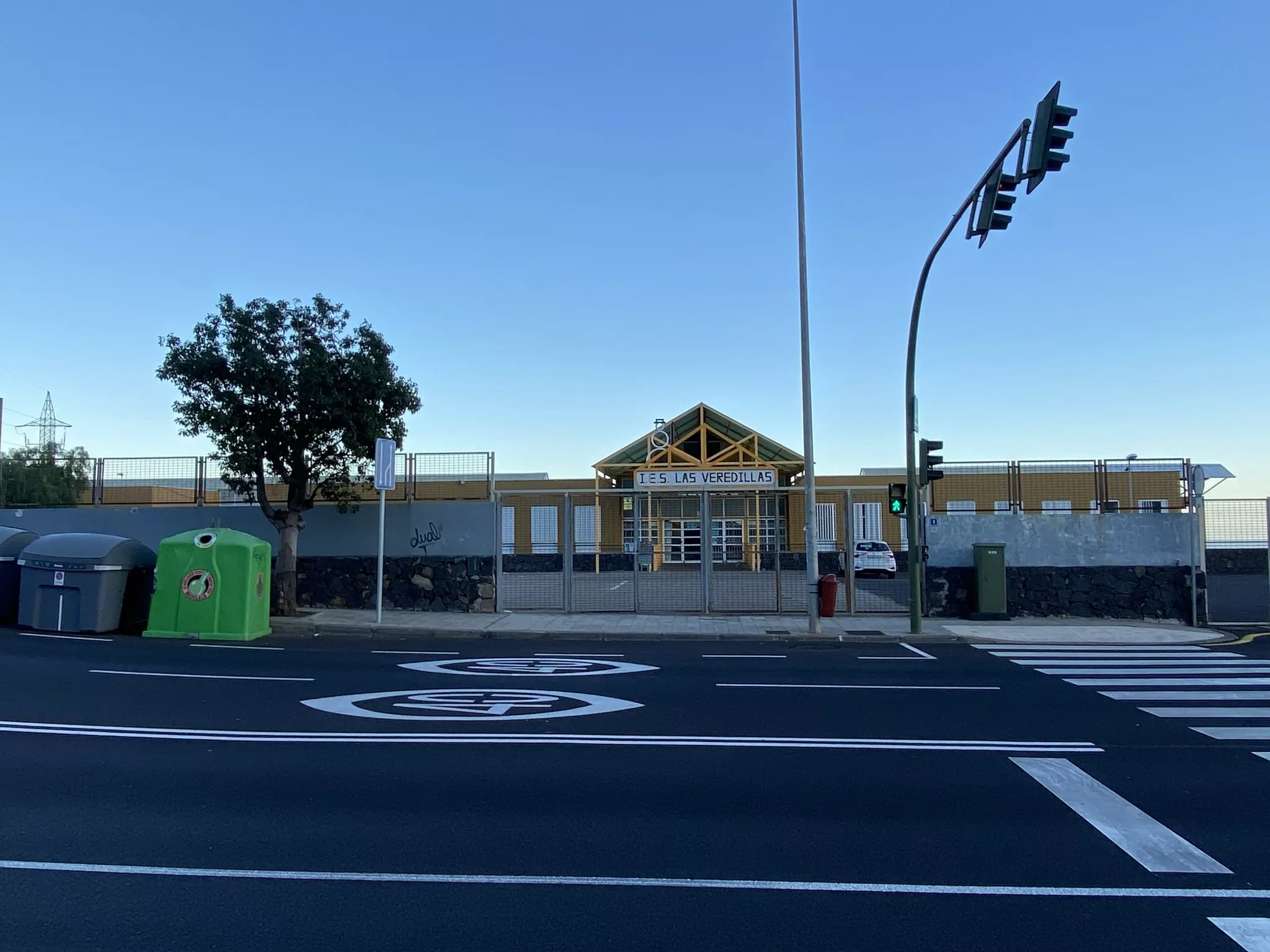The Spanish Government has finalised the necessary administrative procedures to commence the relocation of the first groups of unaccompanied migrant children and adolescents arriving on Spanish shores following the declaration of a migration emergency in the autonomous cities of Ceuta, Melilla, and in Canary Islands. This initiative is part of the implementation of Royal Decree Law 2/2025, which amends Article 35 of the Immigration Law.
Coordination Meeting and Destination Assignment
To formalise these developments, a high-level meeting was chaired by the Minister for Territorial Policy and Democratic Memory, Ángel Víctor Torres. The meeting included participation from the Secretaries of State for Territorial Policy, Arcadi España, and Youth and Childhood, Rubén Pérez.
The Government Delegates for Melilla, Sabrina Moh, and Ceuta, Cristina Pérez, also attended, along with the sub-delegates of the Government in Las Palmas, Teresa Mayans, and in Santa Cruz de Tenerife, Javier Plata. Technical coordination was represented by the Secretary General for Territorial Coordination, Miryam Álvarez; the Director General of the AGE in the Territory, Agustín Torres; and the Director General of Autonomous and Local Legal Regime, Gonzalo Díaz.
Following the assignment of autonomous communities for relocation, the Government Delegates in Ceuta and Melilla are scheduled to meet this Thursday (18th) with officials from both autonomous city governments and the Public Prosecutor’s Office to finalise the details of the relocation of these minors.
In the case of Canary Islands, where the first registered minor following the declaration of the migration emergency arrived on 11th September, the central government has expressed its intention to hold a coordination meeting on similar terms as soon as possible.
Dual Relocation Mechanism
The Royal Decree Law establishes two distinct mechanisms for managing these relocations.
First mechanism: This applies to minors who arrived after the declaration of the migration emergency, establishing an administrative timeframe of 15 days for processing.
Second mechanism: This is aimed at minors who were already in border territories prior to the declaration, which stipulates a four-month administrative period.
Mandatory Processing and Coordination
In recent weeks, there has been an intensification of meetings for management, coordination, and monitoring of the cases. The Government sub-delegations have conducted the mandatory procedures established following the declaration of the migration emergencies.
These actions include the registration of the minor in the Register of Unaccompanied Foreign Minors by the National Police, the initiation of proceedings and the proposal of the destination autonomous community, the hearing of the minor, the request for a report from the autonomous community or city of origin, and the communication to the Public Prosecutor’s Office, among other key steps.














